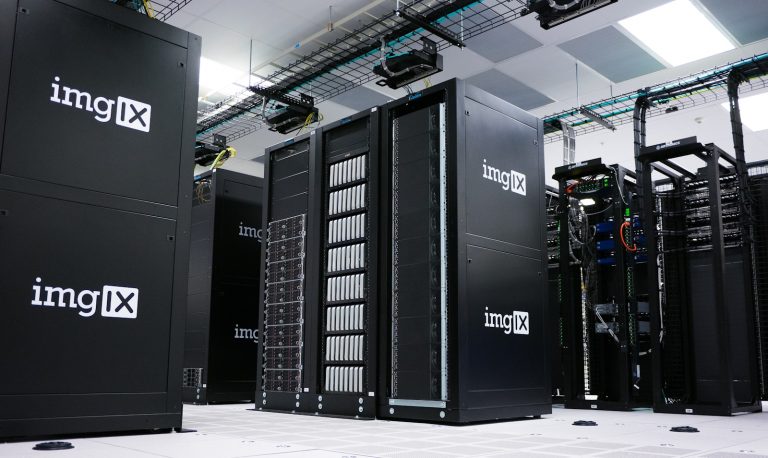In today’s environment of stringent online resource requirements, VPS data centers can be a lifesaver for individuals wanting to manage resources affordably. A virtual private server provides users complete control over dedicated resources, similar to their computers while offering scalability. Despite being part of a larger server network, a VPS datacenter behaves like an independent physical machine.
MyForexVPS can be an excellent solution for hosting websites, managing applications, or running databases efficiently. It offers high-performance VPS solutions specifically optimized for Forex traders. With ultra-low latency, dedicated resources, and robust SSD storage, the datacenter ensures seamless trading experiences for manual and automated strategies. MyForexVPS guarantees 99.99% uptime, providing uninterrupted access to trading platforms like MT4 and MT5. Their datacenters are strategically located in key financial hubs, such as Amsterdam, London, and New York, helping traders maximize their profitability with reliable, fast order execution.
Why Choose VPS Hosting?
- Room to grow: You can be more flexible if your business needs change. You can set up the VPS as required and deploy any software you want.
- Safety: Because the server resources are isolated, each user’s data is secured from other users.
- High efficiency: A Virtual Private Server, unlike traditional hosting, ensures improved performance through dedicated resources.
What Are Data Centers and Their Role in VPS?
A data center is a specialized facility designed to house servers and other network components. VPS servers are located within these data centers, operating on high-performance equipment to ensure uninterrupted service delivery.
Primary Functions of Data Centers
- Data Storage and Processing: Data centers provide secure storage for vast amounts of information and facilitate its rapid processing.
- Uninterrupted Power Supply: With backup power systems in place, servers continue to function even during main power outages.
Failure Protection: Cooling systems prevent equipment from overheating, and specialized security protocols safeguard data.


0 Comments